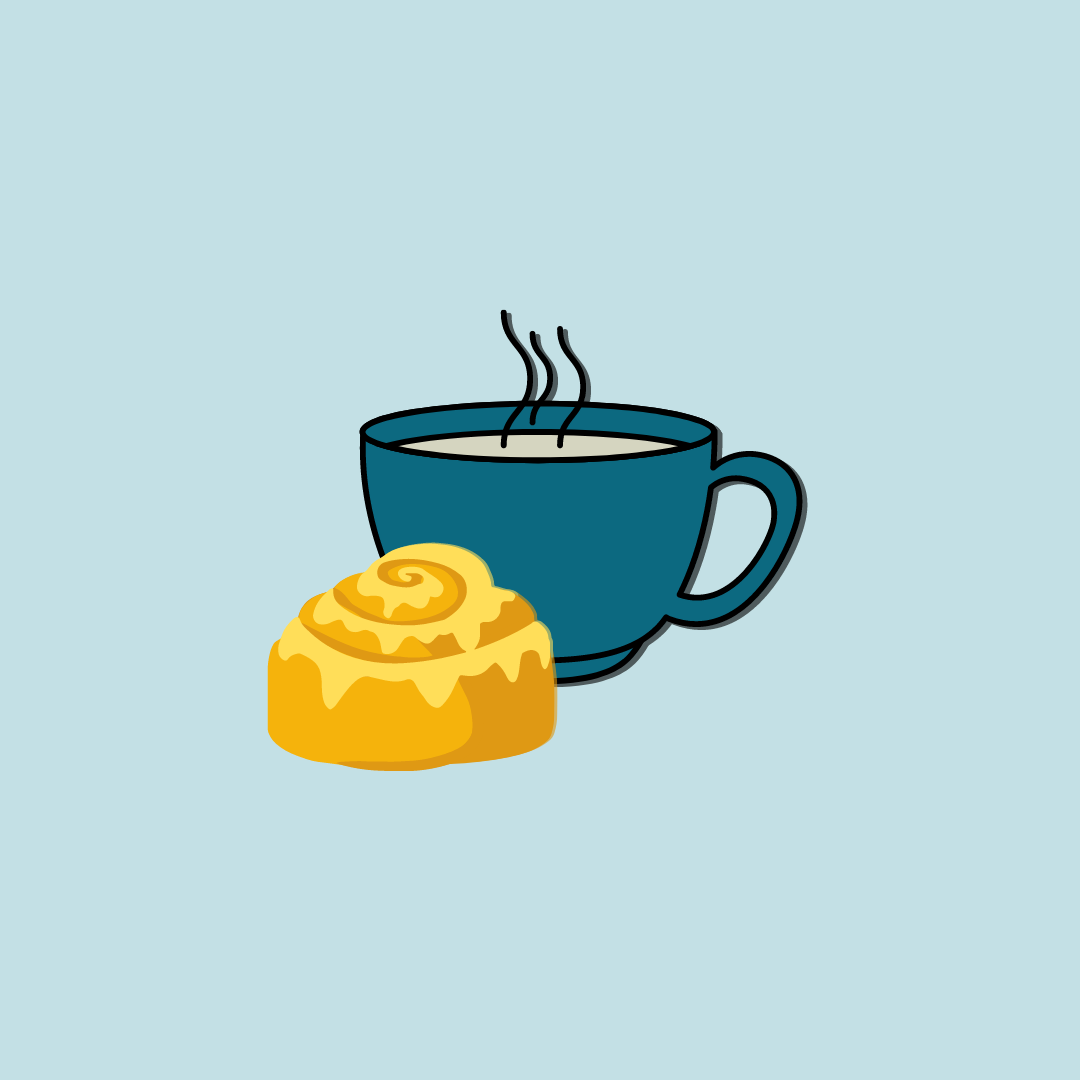Translated by Charlotte Doane
Lockdown has come and gone and come right back again, and for Quebec office workers, a full return to the workplace is nowhere in sight. Telework has become the new normal, and we’ve gotten used to interacting online as employees. With a second wave of the pandemic looming, it is more important than ever to find ways to interact with one another beyond brief instant messages and endless strings of emoticons.
Although it is a privilege to be able to work from home, many of us are still finding it difficult to deal with the loneliness and lack of interaction with our co-workers. The days of chatting around the coffee machine and after-work drinks on Friday seem far away.
It may be counterintuitive, but multiple studies have shown that breaks increase productivity at work by improving employee satisfaction and promoting creative thinking.
Telework is nothing new—at Cartier et Lelarge, we have been using it sparingly for a number of years. Since the pandemic began, we have come up with several remedies for the solitude that comes with habitual telework to build team spirit and give ourselves more opportunities to connect with one another.
One of the most popular ways we’re beating isolation is Fika. Derived from an old Swedish word for coffee, Fika is, essentially, a break—coffee optional—generally taken twice a day, morning and afternoon. The daily ritual has become a workplace staple in Sweden, a vital opportunity to gain a bit of distance from one’s work and relax with a casual conversation and a sweet or savoury bite to eat. The idea is to really savour the time and rest, in contrast to the American-style “coffee break” that treats coffee more as an adrenaline shot. It may be counterintuitive, but multiple studies have shown that breaks increase productivity at work by improving employee satisfaction and promoting creative thinking.
We build trust bonds through our conversations, which become more and more sincere as a result.
At Cartier et Lelarge, we hold our Fikas twice a week over videoconference. They are on the clock and totally optional, so that we can choose to participate when we want and when it works with our schedules. We often break the ice with quizzes, discussion prompts on personal topics or the news of the day, or welcoming new employees and interns. It’s a chance to decompress and get to know each other a little bit better. Recently, we have noticed that we are becoming more inclined to open up, even about the less pleasant parts of our lives. We build trust bonds through our conversations, which become more and more sincere as a result.
Outside of Fika hours, we have other ways to stay in touch. We use the Workplace social media platform to share photos, videos and comments about our day to day. And we have started wrapping up our team meetings with acknowledgements for our co-workers who went the extra mile that week. These days, when we can feel so distant from others, moments of gratitude can do wonders, whether you give them or get them.
Celebrating important milestones is an excellent way to foster solidarity and good spirits, both at work and outside of it.
But virtual reality is no substitute for human contact. So, with physical distancing requirements in mind, we recently held a get-together in the park in honour of the new season, the arrival of new colleagues, and our first time seeing each other since the lockdown! Sparkling cocktails were sipped, cupcakes indulged in, and conversations enjoyed until sundown. Celebrating important milestones is an excellent way to foster solidarity and good spirits, both at work and outside of it.
The internet abounds with ideas for maintaining closeness within a remote team—contests and challenges, video lunches, online athletic activities, themed group discussions—there’s something for everyone, no matter your interests or needs.
Until we can once again make our offices the vibrant and dynamic places they once were, we will keep finding new ways to connect through communication. Because not only does communication keep us motivated and happy—it’s also the core of what we do.



